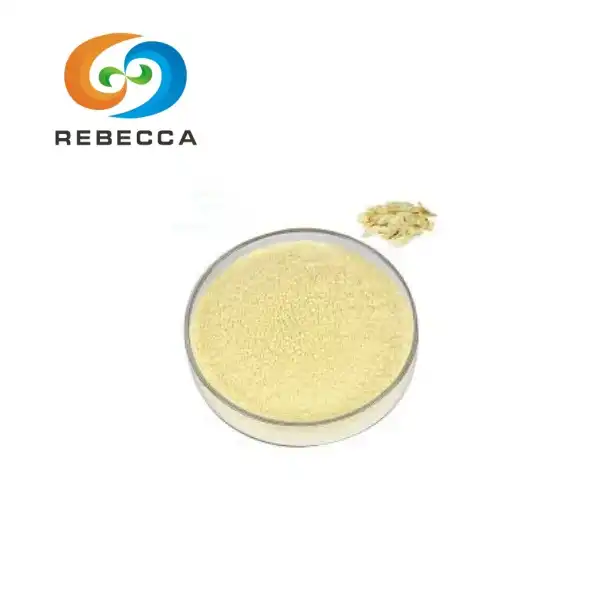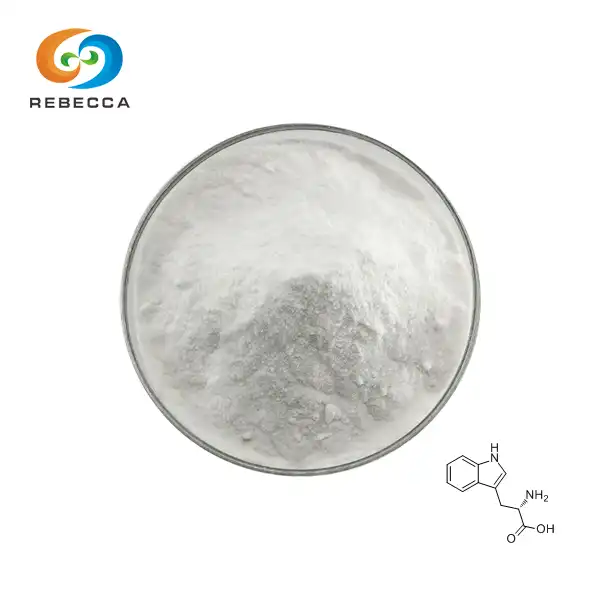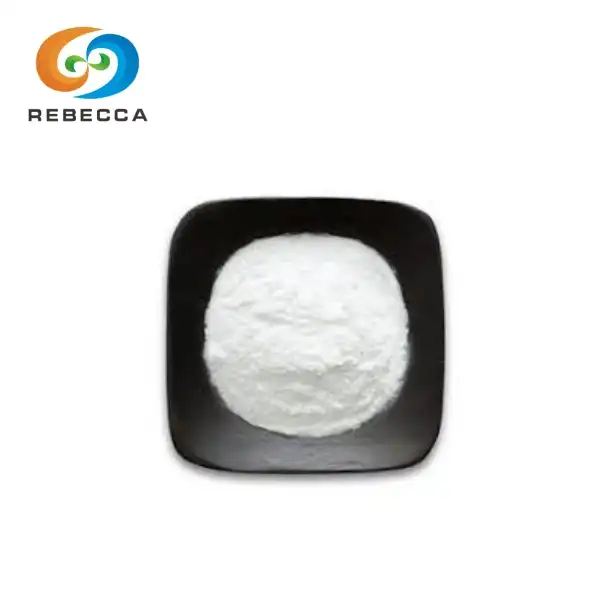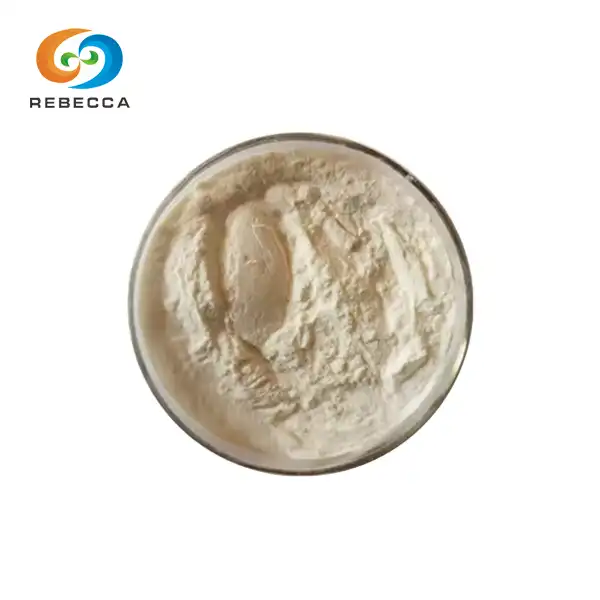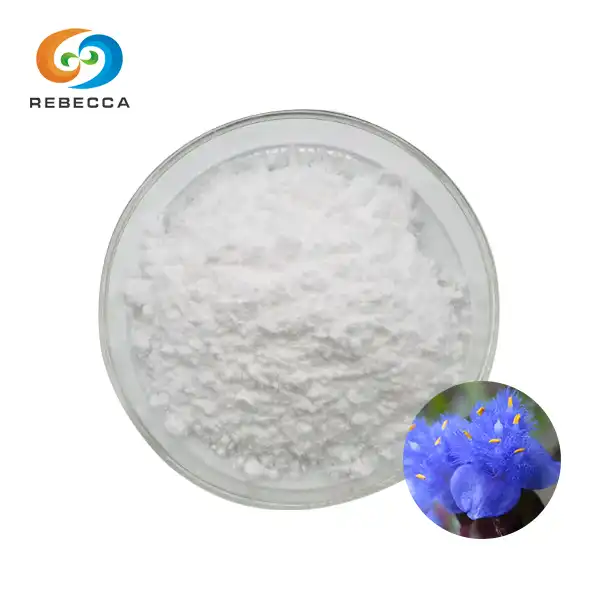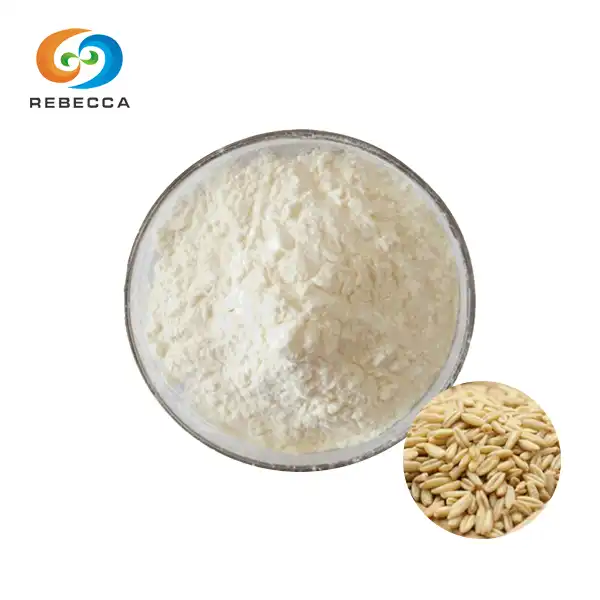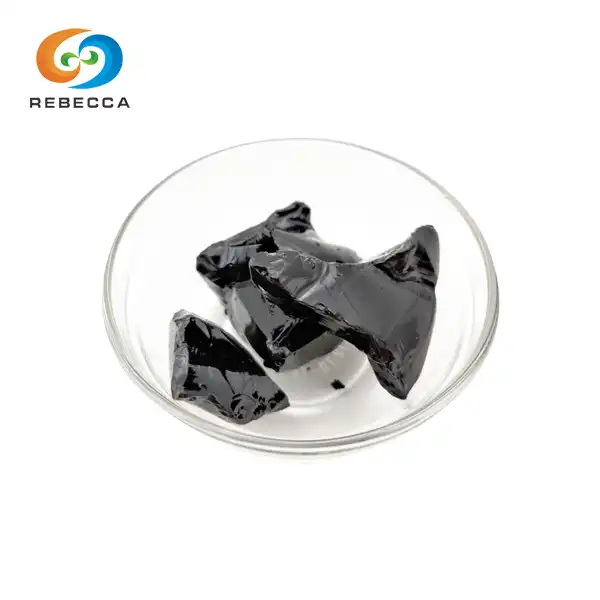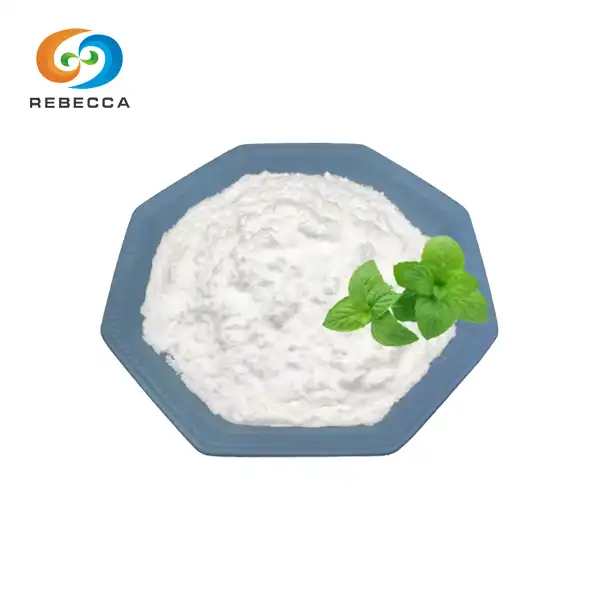Benefits of Resveratrol Cas 501 36 0 for Health
Resveratrol, a powerful antioxidant found in various plants, has garnered significant attention in the health and wellness community. This article delves into the numerous benefits of Resveratrol Cas 501 36 0, exploring its potential to enhance overall health and well-being. Whether you're a health enthusiast or simply curious about natural compounds that can boost your vitality, read on to discover the remarkable properties of this intriguing substance.

What Is Resveratrol Cas 501 36 0?
Resveratrol Cas 501 36 0 is a naturally occurring polyphenol compound found in various plants, most notably in the skin of red grapes, berries, and peanuts. It belongs to a class of compounds called stilbenes, which are produced by plants in response to stress, injury, or fungal infection. The chemical structure of resveratrol allows it to function as a potent antioxidant, neutralizing harmful free radicals in the body.
The CAS number 501-36-0 specifically identifies trans-resveratrol, which is the most biologically active form of the compound. This form is more stable and better absorbed by the body compared to its cis-resveratrol counterpart. Resveratrol has gained popularity due to its potential health benefits, which range from cardiovascular support to anti-aging properties.
Research into resveratrol's effects on human health has intensified in recent years, with studies exploring its potential to mimic the effects of calorie restriction, a dietary approach associated with increased lifespan in various organisms. This has led to resveratrol being dubbed the "longevity molecule" by some researchers and health enthusiasts.

Top Health Benefits of Resveratrol
Resveratrol Cas 501 36 0 has been associated with a wide array of health benefits, supported by both laboratory and clinical studies. Here are some of the most promising advantages of incorporating resveratrol into your health regimen:
Cardiovascular Health Support
One of the most well-studied benefits of resveratrol is its potential to support heart health. Research suggests that resveratrol may help maintain healthy blood pressure levels and improve blood flow. It achieves this by promoting the production of nitric oxide, a molecule that helps relax blood vessels. Additionally, resveratrol has been shown to reduce oxidation of LDL cholesterol, a key factor in the development of atherosclerosis.
Antioxidant and Anti-Inflammatory Properties
Resveratrol is a potent antioxidant, capable of neutralizing free radicals that can damage cells and contribute to chronic diseases. Its antioxidant properties extend to reducing oxidative stress throughout the body, potentially slowing the aging process at a cellular level. Moreover, resveratrol exhibits strong anti-inflammatory effects, which may help in managing inflammatory conditions and reducing the risk of various chronic diseases.
Potential Neuroprotective Effects
Emerging research suggests that resveratrol may have neuroprotective properties, potentially benefiting brain health and cognitive function. Studies have shown that resveratrol can cross the blood-brain barrier, where it may help protect neurons from damage and reduce the risk of neurodegenerative diseases such as Alzheimer's and Parkinson's. Some research also indicates that resveratrol might improve memory and cognitive performance, though more human studies are needed to confirm these effects.
Blood Sugar Regulation
Resveratrol CAS 501-36-0 has shown promise in helping to regulate blood sugar levels, which could be beneficial for individuals with diabetes or those at risk of developing the condition. Some studies have found that resveratrol may improve insulin sensitivity and glucose metabolism, potentially assisting in the management of type 2 diabetes. However, it's important to note that resveratrol should not be considered a replacement for conventional diabetes treatments.
Potential Anti-Cancer Properties
While research is still in its early stages, some studies suggest that resveratrol may have anti-cancer properties. Laboratory and animal studies have shown that resveratrol can inhibit the growth of cancer cells and reduce tumor formation in various types of cancer. However, it's crucial to emphasize that more human clinical trials are needed to fully understand resveratrol's potential role in cancer prevention and treatment.
Skin Health and Anti-Aging Effects
Resveratrol's antioxidant properties make it a promising ingredient in skincare products. When applied topically or consumed orally, resveratrol may help protect the skin from UV damage, reduce inflammation, and promote collagen production. These effects could potentially lead to improved skin texture, reduced signs of aging, and overall healthier-looking skin.

How to Incorporate Resveratrol into Your Diet?
While resveratrol supplements are widely available, it's also possible to increase your intake of this beneficial compound through dietary sources. Here are some ways to naturally incorporate resveratrol into your daily routine:
Consume Red Grapes and Red Wine
Red grapes are one of the richest natural sources of Resveratrol CAS 501-36-0, with the compound concentrated in the skin of the fruit. Enjoying a handful of red grapes as a snack or incorporating them into your meals can be a delicious way to boost your resveratrol intake. Red wine, produced from red grapes, also contains resveratrol, though it's important to consume alcohol in moderation if you choose this option.
Include Berries in Your Diet
Various berries, including blueberries, cranberries, and mulberries, contain resveratrol. These antioxidant-rich fruits can be easily added to breakfast cereals, smoothies, or enjoyed as a healthy snack throughout the day. Not only will you be increasing your resveratrol intake, but you'll also benefit from the other vitamins and nutrients these fruits provide.
Snack on Peanuts
Peanuts are another good source of resveratrol. While not as high in content as red grapes, they can still contribute to your overall intake. Raw or dry-roasted peanuts make for a convenient and nutritious snack that can help boost your resveratrol consumption.
Try Dark Chocolate
Dark chocolate, particularly varieties with high cocoa content, contains resveratrol along with other beneficial compounds. Enjoying a small piece of dark chocolate as an occasional treat can be a pleasurable way to incorporate resveratrol into your diet.
Consider Supplements
For those looking to ensure a consistent intake of resveratrol, supplements are available. These typically come in capsule or powder form and often contain higher concentrations of resveratrol than what's found in food sources. However, it's important to consult with a healthcare professional before starting any new supplement regimen, as they can advise on appropriate dosages and potential interactions with medications.

Conclusion
In conclusion, Resveratrol Cas 501 36 0 offers a wide range of potential health benefits, from supporting cardiovascular health to providing antioxidant protection. While more research is needed to fully understand its effects on human health, the current evidence suggests that incorporating resveratrol into your diet or supplement routine may contribute to overall well-being and longevity. As with any dietary change or supplement addition, it's wise to approach resveratrol consumption with moderation and consult with a healthcare provider, especially if you have existing health conditions or are taking medications. For more information on resveratrol and its potential benefits, feel free to reach out to us at information@sxrebecca.com.
References
1. Zhu, X., et al. (2019). "Resveratrol and Health: A Comprehensive Review of Human Clinical Trials." Molecular Nutrition & Food Research, 63(3), 1800419.
2. Berman, A. Y., et al. (2017). "The therapeutic potential of resveratrol: a review of clinical trials." NPJ Precision Oncology, 1(1), 1-9.
3. Smoliga, J. M., et al. (2011). "Resveratrol and health - A comprehensive review of human clinical trials." Molecular Nutrition & Food Research, 55(8), 1129-1141.
4. Novelle, M. G., et al. (2015). "Resveratrol Supplementation: Where Are We Now and Where Should We Go?" Ageing Research Reviews, 21, 1-15.
5. Weiskirchen, S., & Weiskirchen, R. (2016). "Resveratrol: How Much Wine Do You Have to Drink to Stay Healthy?" Advances in Nutrition, 7(4), 706-718.
_1730691017423.webp)










